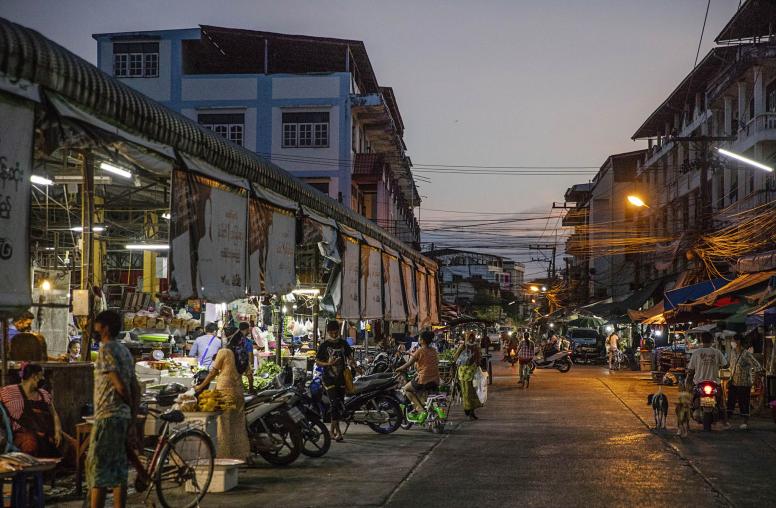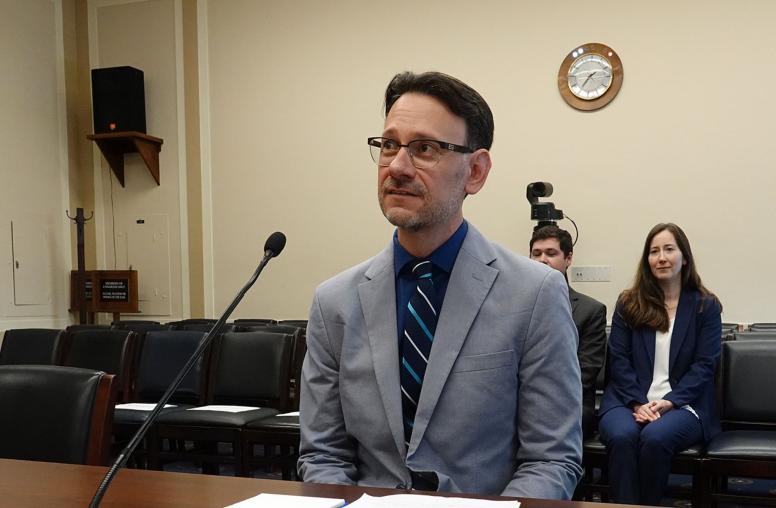Dialogue on War Legacies and Peace in Vietnam, Laos and Cambodia
Please note this event series took place over two days, October 11 and 12, from 9:00am - 10:30 am. The series was livestreamed in both English and Vietnamese.
The process of postwar reconciliation between the United States, Vietnam, Laos and Cambodia is one of the most remarkable stories of the 21st century. The legacies of U.S. military involvement in Southeast Asia, once a major obstacle to normal relations, have gradually become the basis for a closer partnership. Over the past few decades, humanitarian cooperation among governments — supported by efforts from civil society, including veterans’ organizations — has assisted the identification of the remains of missing personnel and helped to address the impacts of Agent Orange and unexploded ordnance. Meanwhile, people-to-people exchanges have fostered connectivity and built trust between our societies.
Day One (Tiếng Anh / Tiếng Việt)
In this keynote luncheon presentation at USIP on October 11, 2022, former Secretary of Defense Chuck Hagel offers a provocative view of lessons from the postwar rebuilding of U.S.-Vietnam relations and implications for global peace and security. The video is in English with Vietnamese subtitles.
Day Two (Tiếng Anh / Tiếng Việt)
Yet nearly 50 years following the end of the war, more work is needed. USIP’s Vietnam War Legacies and Reconciliation Initiative aims to further advance reconciliation through people-to-people engagement; to build and sustain U.S. support for addressing the war’s legacies and MIA accounting in the coming decades; and to highlight stories of reconciliation as evidence that peace is possible and practical.
In pursuit of those aims, USIP hosted a two-part livestream of USIP’s Dialogue on War Legacies and Peace. The event brought together diplomats, advocates and authors to draw lessons from U.S. engagement in Southeast Asia that could apply to conflicts elsewhere in the world. The inspiring presentations looked at how Vietnamese, Laotians and Cambodians are healing from wartime suffering and building a future based on trust and shared interests.
Continue the conversation on Twitter using #WarLegaciesAndPeace.
Panelists
October 11: Healing the Wounds of War
- Lise Grande, Opening Remarks
President and CEO, U.S. Institute of Peace - Michael Schiffer
Assistant Administrator of the Bureau for Asia, U.S. Agency for International Development - Tôn Nữ Thị Ninh
President, Ho Chi Minh City Peace and Development Foundation - Jed Royal
Principal Deputy Assistant Secretary of Defense for Indo-Pacific Security Affairs, U.S. Department of Defense - Loung Ung
Author, “First They Killed My Father: A Daughter of Cambodia Remembers” - Sera Koulabdara
Executive Director, Legacies of War - Brian Harding, moderator
Senior Expert, Southeast Asia, U.S. Institute of Peace
October 12: The Future of U.S. Relations with Vietnam, Laos, and Cambodia
- Ambassador Marc Knapper
U.S. Ambassador to Vietnam - Ambassador Bonnie Jenkins
Under Secretary of State for Arms Control and International Security, U.S. Department of State - Ambassador Pham Quang Vinh
President, Vietnam-USA Society - Brian Eyler
Director, Southeast Asia Program, Stimson Center - Vu Ha Phuong
Research Fellow, Otago University, New Zealand - Vikram Singh, moderator
Senior Advisor, Asia Program, U.S. Institute of Peace



